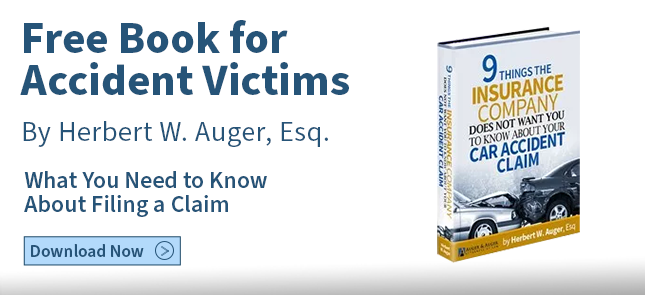Our job is to level the playing field. If you’re in an accident the insurance company is the actual party that will immediately begin an investigation, and they will be looking for some way to show that you may have been partially at fault.
In North Carolina we have the contributory negligent rule, which means if a motorcycle driver is even 1% at fault, and they can prove that, then they don’t have to pay you anything – even if their driver is 99% at fault. One misstatement by you to the insurance company or anyone involved, even if it was misconstrued or you worded it incorrectly, could destroy your case or your claim.
The insurance company is probably going to want a recorded conversation, wherein they try to get you to admit that you could have taken some evasive action and avoided the accident, or to get you to minimize your injuries. So, you need someone on your side (whether it’s my firm or another experienced motorcycle accident lawyer) to meet with you, go after the facts, conduct their own investigation, and obtain evidence to help your claim.
We’ll also handle all communication with the insurance companies. We’ll help you get quality medical treatment or figure out what you’re entitled to, whether or not you have insurance. When it’s done, you’ll know that it was done right, that you didn’t make any mistakes or leave any stones unturned. It’s very important that you hire a lawyer in these types of claims. I can’t stress that more than I have.
We had someone contact us recently, an elderly woman and she was injured very badly while walking (I think she’s had four operations already). The other person made a left turn in the parking lot and hit her body with their car, and even admitted the sun was in their eyes. But our client was confused when she spoke with the insurance company about where she was looking and where the car was. She wasn’t well prepared and was trying to think while she was talking, and the way it was construed in the recorded statement was that she may be partly at fault and may have walked into their car.
I think we can still win that one in court. But, if our client had met with us ahead of time and thought about the questions and answers – if she had gone over them and answered them truthfully in the way it happened instead of the way she did answer (which was misconstrued) –then we wouldn’t be where we are right now.
















